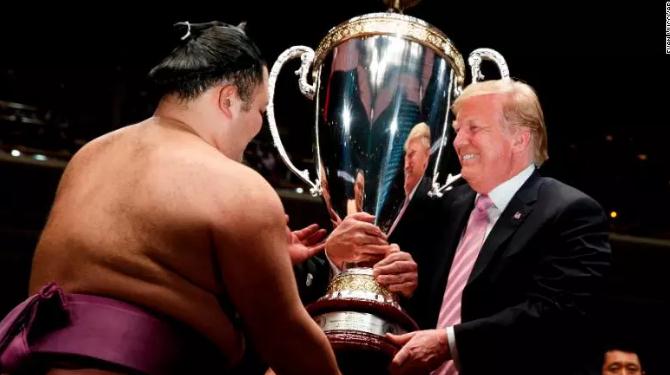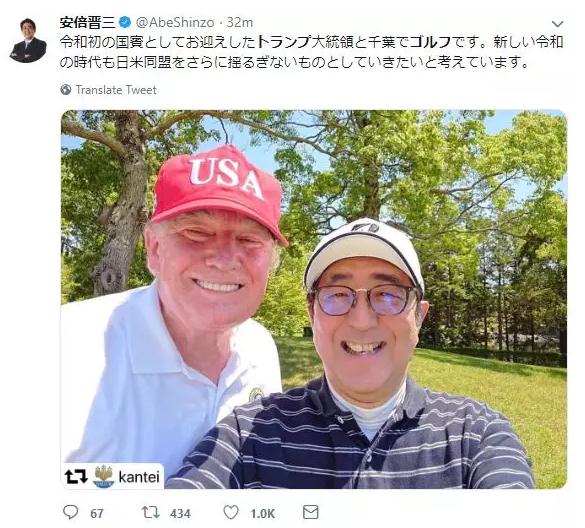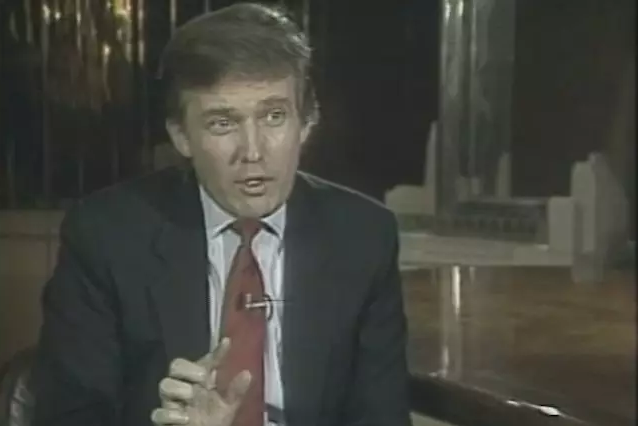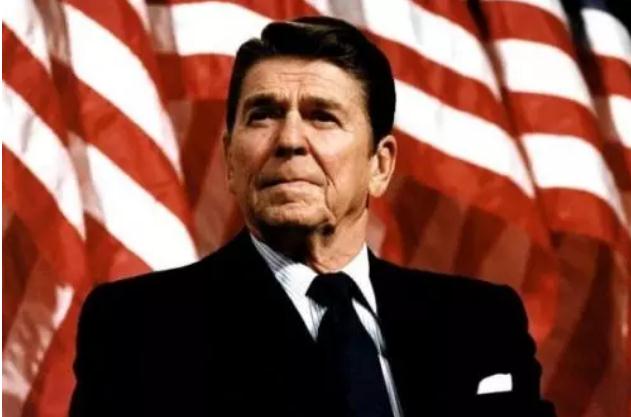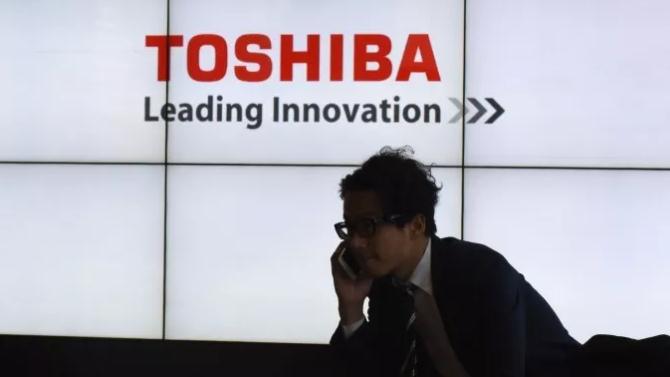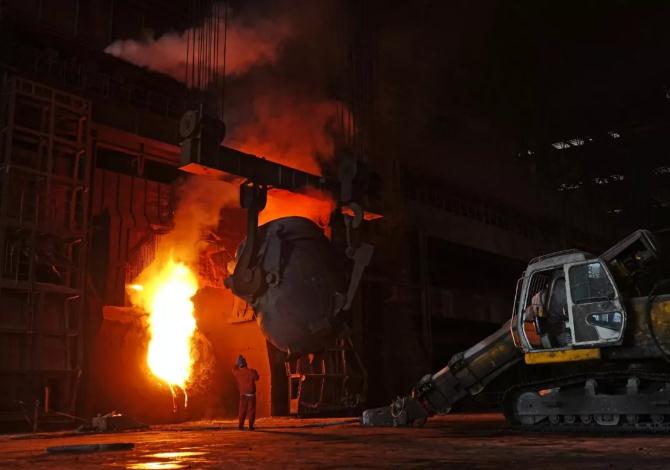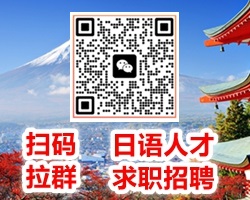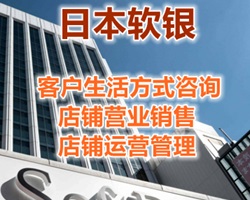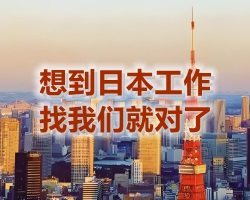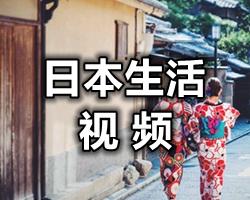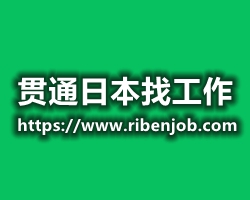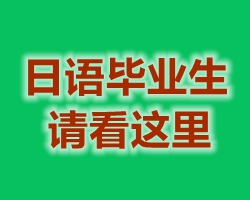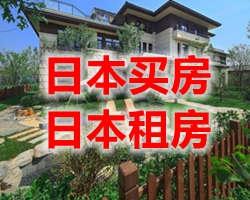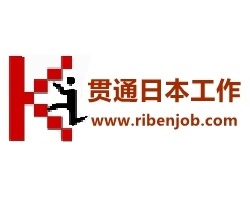|
作为日本“令和”时代的首位国宾,特朗普这两天在日本的日子可谓是不亦乐乎。
5月26日,特朗普向相扑比赛冠军授予“美国总统杯” 图源:CNN 打高尔夫球、观看相扑(sumo)比赛、在高级餐馆进餐都安排上了……可以看出,日本首相安倍晋三力图展示日美同盟关系牢不可破、甜如蜜月。 安倍还在推特上晒起了两人一同打高尔夫的合照。
但有美国媒体写道,联想到当今和中国的贸易关系,特朗普这一行很难不会想到30年前美国和日本那场贸易战…… As President Donald Trump lands in Japan Saturday amid a worsening trade war with China, he could well be thinking back to a previous economic spat between Washington and an Asian economic powerhouse. 在中美贸易战愈演愈烈的阶段,特朗普开始访日。他很可能会回想起过去美国和这个亚洲经济强国在经济上的争端。 美国担心被赶超,先下手为强 上世纪80年代,日本是世界第二大经济体,在技术方面被日本赶超的阴云一直笼罩着美国。 In the 1980s, Japan was the big bad. Its economy was booming — the second largest in the world — and many in the United States feared they were about to be overtaken. 上世纪80年代,日本是那个“大坏蛋”,日本经济正在腾飞,是世界第二大经济体,很多美国人都担心自己国家的领先地位将被取代。 那个时候,美国报纸的画风都是什么“美国日本化” (Japanning of America) 、“经济珍珠港” (economic Pearl Harbor)云云 …… 我们怎么开始什么都推崇日本的了:今天的美国正在日本化(1982年美国报纸头条) 日本正在用美国的钱买下美国(1988年美国报纸头条) 这跟当今美国媒体渲染“中国威胁论”,强调中国在中美贸易中占便宜,动辄就用偷(steal)这个词来形容中国是何其相似。 80年代末,在特朗普还不是特朗普总统的时候,就曾在采访中表达过对日本的不满。 他说:日本正在有预谋地吸美国的血! (systematically sucked the blood out of America) 。 特朗普1989年接受美国媒体采访,称日本正在“吸美国的血” "It's a huge problem, and it's a problem that's going to get worse," Trump said of the US-Japan trade balance. "And they're laughing at us." “这是一个很大的问题,而且这个问题还会恶化,”特朗普这样形容日美贸易平衡。“日本正在笑话我们呢。” 后来,当年的美国发起了贸易战,胁迫日本签订《广场协议》(Plaza Accord),日本的妥协付出了巨大的代价,经济从此陷入长达数十年的停滞。 反观美国,逆差的问题也并没有解决。 东芝到华为,是美国式的“教你做人” 1981年,里根上台成为总统,开始“修理”经济正在腾飞的日本。向日本施压,让日本市场对更多美国企业打开大门。 这还仅仅是开始。 后来,美国挥动颇具单边主义色彩的“301调查”大棒、加征关税、指责日本操纵汇率、迫使日本签署协议、使得日元大幅升值…… 日本步步退让,换来的是经济遭受重创,进入“失去的十年” (lost decade)。 Things quickly turned sour for Tokyo. As the yen increased in value, Japanese products became more and more expensive, and countries turned away from the one-time export powerhouse. 很快,东京的境况就开始变得每况愈下。日元开始升值,日本商品变得越来越贵,其他国家也逐渐对这个曾经的出口大国关上大门。 Efforts by the country's central bank to keep the yen's value low sparked a stock price bubble, the collapse of which helped push the country into recession and a "lost decade." 日本央行着力稳住日元汇率,但却引发了股价泡沫。这使得日本经济进入大萧条,开始了“失去的十年”。 美国对日本这一套“猛如虎”的操作真可谓是像极了当前对华发起的贸易战。 就连今日美国宣扬“和贸易战没关系”的华为事件,在30年前的日本都能找到先例。 ▌今日华为,昨日东芝 近日,一条分析文章帖在外媒上非常火。 今天,美国正在向华为挑起战争,1987年,遭受此“待遇”的是东芝 东芝事件是怎么回事? 1987年,美国以东芝向苏联出售设备为由,开始了对东芝一系列的制裁。 美国军方取消了一项从日本东芝机械公司购买导弹技术的协议。 美国国防部取消了原定从东芝进口的150亿日元的计算机合同,而且决定禁止通过与东芝机械公司间的任何新的军事合同。 美国参议院制裁东芝机械的条款加入贸易法案,同时对东芝集团的所有产品实施禁止向美出口2-5年的惩罚。 美国国防部空军的电脑投标中,原本认为有竞争力的东芝电脑落选。 当然,逮捕高管的事情也发生了,而且这事儿还是日本自己做的。 事件发生后,日本警视厅逮捕了日本东芝机械公司铸造部部长林隆二和机床事业部部长谷村弘明,分别判处二人10个月和1年的有期徒刑。 然而,美国制裁东芝真的这么简单吗? 美国的核心焦虑在于日美高新技术领域的竞争 。1983年,美国商务部提出五个科技核心领域中美国领先的只有两个,而在半导体技术、光纤技术和智能机械技术领域日本全部领先。
The US attacked Toshiba not because it sold equipment to the Soviet Union, but because it affected US interests. The United States believes that the Japanese semiconductor industry represented by Toshiba Group seriously threatens the economic interests of the United States, while the Japanese high-end manufacturing plan threatens the United States and challenges the technological hegemony of the United States. 美国攻击东芝并非因为后者向苏联出售设备,而是因为东芝影响了美国的利益。美国认为,以东芝集团为代表的日本半导体产业严重威胁美国的经济利益。而日本的高端制造计划则威胁美国,挑战美国的技术霸权。 眼看要被超越了,美国当然不能忍了。 1987年,美国政客砸烂东芝产品,抗议该公司违反禁令与苏联做生意。图源:香港经济日报网站 这篇文章写道: Looking back more than 30 years ago, the experience of Toshiba, Japan, and looking at what the United States is doing today, there are indeed many similarities. 回顾30多年前东芝的遭遇,再看看当下美国的所作所为,确实有许多相似之处。 The United States does not allow its high-end manufacturing industry to be challenged at all, nor does it allow its technological hegemony to be challenged. The United States hopes that other countries will all be American workers and will never allow other countries to become shareholders of American interests. 美国既不允许高端制造业受到挑战,也不允许其技术霸权受到挑战。美国希望其他国家都用美国工人,也绝不允许其他国家成为美国利益的股东。 Now targeting Huawei! 现在正瞄准华为! 中国不是30年前的日本 但是,2019年不是1985年,中国更不是当年的日本。
Of course 2019 is not 1985, and China is not Japan. Beijing is far stronger both economically and politically than Tokyo was in the 1980s, with Japan dependent on the United States for national security and less willing to risk Washington's ire. 当然2019年不是1985年,中国也不是日本。现在中国的经济和政治上比80年代的日本都要强得多,而且日本在国防上太过依赖美国,因此不愿去抚美国的逆鳞。 80年代,日本和美国签下广场协议(Plaza Accord),日本陷入十年经济大萧条,协议成了一杯难咽的苦酒。 在日美贸易战中初获经验(cut their teeth)的美国或许以为中国也会很容易地向美国低头。但如今的中国,在经济和政治上的独立性都比当年的日本要强得多,可不是任人揉捏的“软柿子”。
"Japan was an easy target for US bashing. After the second world war, Japan has been both politically and economically dependent on the US, resulting in limited bargaining power to counteract the US," analysts Alicia Garcia-Herrero and Kohei Iwahara wrote last week. 上周分析人士称:“日本对美国来说是个更好捏的软柿子,日本在政治和经济上都依赖美国,因此在和美国较量时缺乏筹码。” "China is in a better position to resist US pressure." 但面对美国的压力,中国明显比日本处在更好的位置上。 位于大连的东北特钢集团 图源:China Daily/Reuters CNN报道说,美国领导层会吸取当年的教训,但中国领导人也一样,决不会犯下日本当年的错误: Beijing is also paying attention—and China's leaders have no intention of copying Japan's mistakes 但中国也注意到了30年前的美日贸易战,中国领导人无意重蹈日本的覆辙。 编辑:李雪晴 陈月华 参考:CNN 华尔街见闻等 |
从东芝到华为,美国又“教你做人”,但中国不是30年前的日本丨外媒说
新闻录入:贯通日本语 责任编辑:贯通日本语
相关文章
日本跨境电商平台都有哪些?
大爆冷!国乒名将决赛2:3输球,日本小将连胜四位国乒选手夺冠
这位女孩会不会成为日本未来女皇
岸田文雄当选日本第101任首相
第二届岸田内阁启动,新任日外相是岸田培养的接班人?
中方对岸田文雄连任日本首相表示祝贺
日本通信巨头提交故障报告:近1300万用户受影响
日本新任首相:应对新冠疫情等是政府当前要务
日本冲绳附近海域发生6.6级地震
岸田政权“真正起航” 日本政局暗流涌动
日本发生禽流感疫情 将扑杀逾14万只鸡
日本速滑队发生群聚感染 恐将影响对参赛队员的选拔
日本12月启动第三剂新冠疫苗接种 明年3月起开设职场接种点
日本11月9日新增确诊病例204例 重症病例时隔1年3个月低于100例
日航和全日空将从2023年开始在日本国内30个机场共用值机系统
日本政府新设3个数字化主题会议以推动多领域改革
东京吉祥寺附近商业街发生路面塌陷 垃圾收集车被卡住
日本11月1日新增确诊病例86例 降至去年6月以来最低值
三连杀!羽毛球三大团体赛吊打日本 国羽还是牛
日本2020年度“不登校”人数、自杀事件数创历史新高
远程办公不利工作?日本推进工作方式改革在困境中求突破
日本9月信用卡消费指数连续10个月下降 三大百货商场近半年均亏损
塔摩利主持音乐节目34周年 再次打破吉尼斯世界纪录
东京都医疗体制仍维持“3级”警戒级别 呼吁警惕疫情反弹
日本东京车站发生持刀伤人事件 致2人受伤

